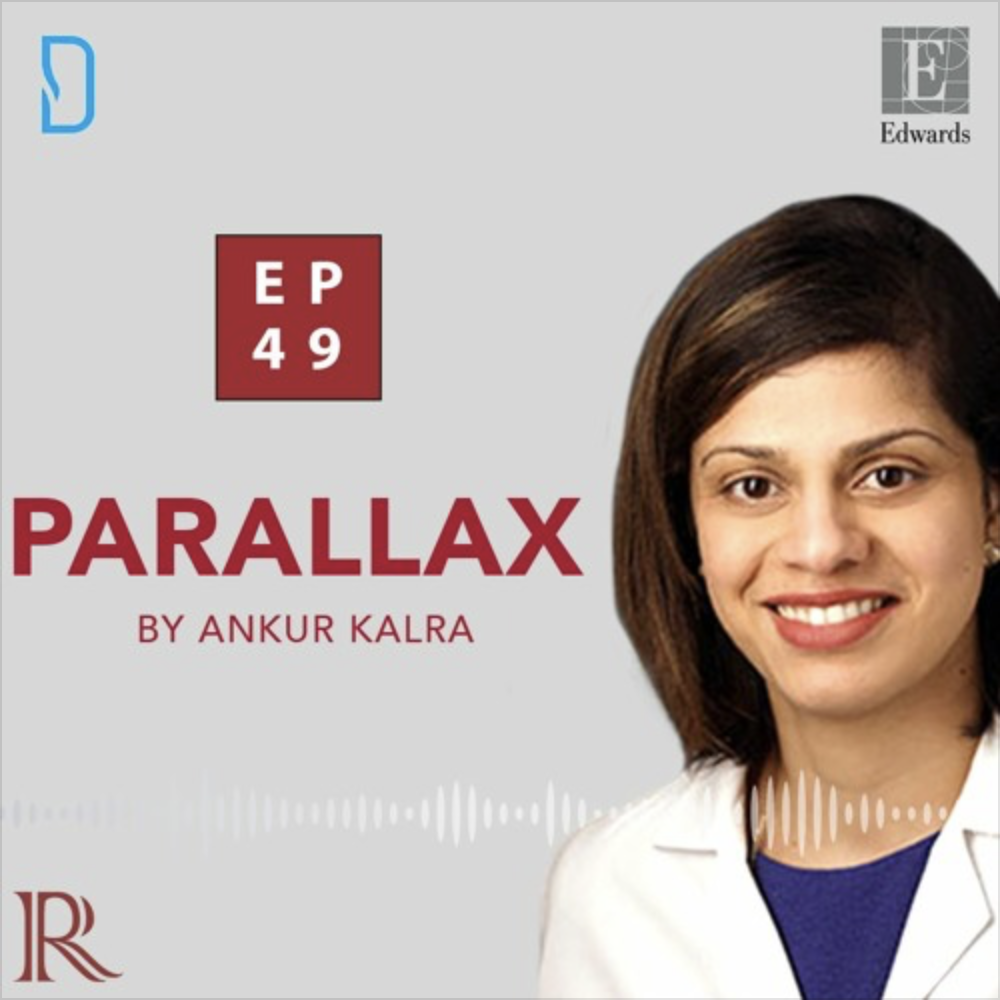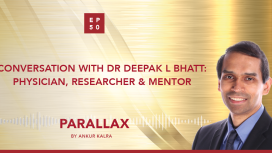
The American College of Cardiology surveyed cardiologists across the globe to have a more detailed understanding on the impact of hostility, discrimination, and harassment in the workplace. Of almost 6000 cardiologists who took part in the survey 44% reported hostile work environment.
Dr Ankur Kalra’s guest this week is Dr Garima Sharma, Director of CardioObstetrics and Assistant Professor of Medicine at the Johns Hopkins University as well as an investigator of the “Global Prevalence and Impact of Hostility, Discrimination, and Harassment in the Cardiology Workplace”.
According to Dr Sharma, the culture of a place is defined by what is tolerated. In this introspective and solution-seeking interview Garima explains how can microaggressions be identified and how does institutional culture normalise hostility by numbing the victims and making allowances for the perpetrators. In light of the data, they talk about the burden on early career cardiologists, and examine the role of institutions, senior faculty, and bystanders. Garima summarises the potential solutions and calls for making cardiology a viable option for all.
What is Dr Sharma’s take-home message from the ACC survey on hostile work environment? What could be the root causes of hostile behaviour? What are some of the solutions for work equity?
Questions and comments can be sent to “podcast@radcliffe-group.com” and may be answered by Ankur in the next episode. Guest @GarimaVSharmaMD, hosted by @AnkurKalraMD. Produced by @RadcliffeCARDIO.

Brought to you by Edwards: www.edwardstavr.com

In the 50th episode of Parallax, Dr. Ankur Kalra’s guest is Dr. Deepak L. Bhatt leading physician, researcher, lecturer, and educator who has authored or co-authored over 1650 publications and was recipient of the ACC’s Distinguished Mentor Award in 2018 and AHA’s Distinguished Scientist Award in 2019.


Parallax’s guest this week is Dr Eric David Adler, Medical director of heart transplant and mechanical circulatory support at UC San Diego Health.

How did Dr Gragossian receive her diagnosis? How does she feel about her new reality? What drives her? What is her message to our listeners?

Just after 9/11, Heval, the 18-year-old Syrian Kurdish refugee found a job as a dishwasher. At this point, he was the sole provider of his family. The pressure that comes from being poor did not leave him for many years. Today, he is firm believer in giving back to underserved communities by spreading awareness within the medical community. As he says, well-meaning people of privilege are sometimes afraid to act. What we need is more people to bridge the gap and find ways to help each other.

What drives Dr Nishtha Sodhi? What were the formative moments of Dr Sodhi’s career? What are the new frontiers of cardiology?






